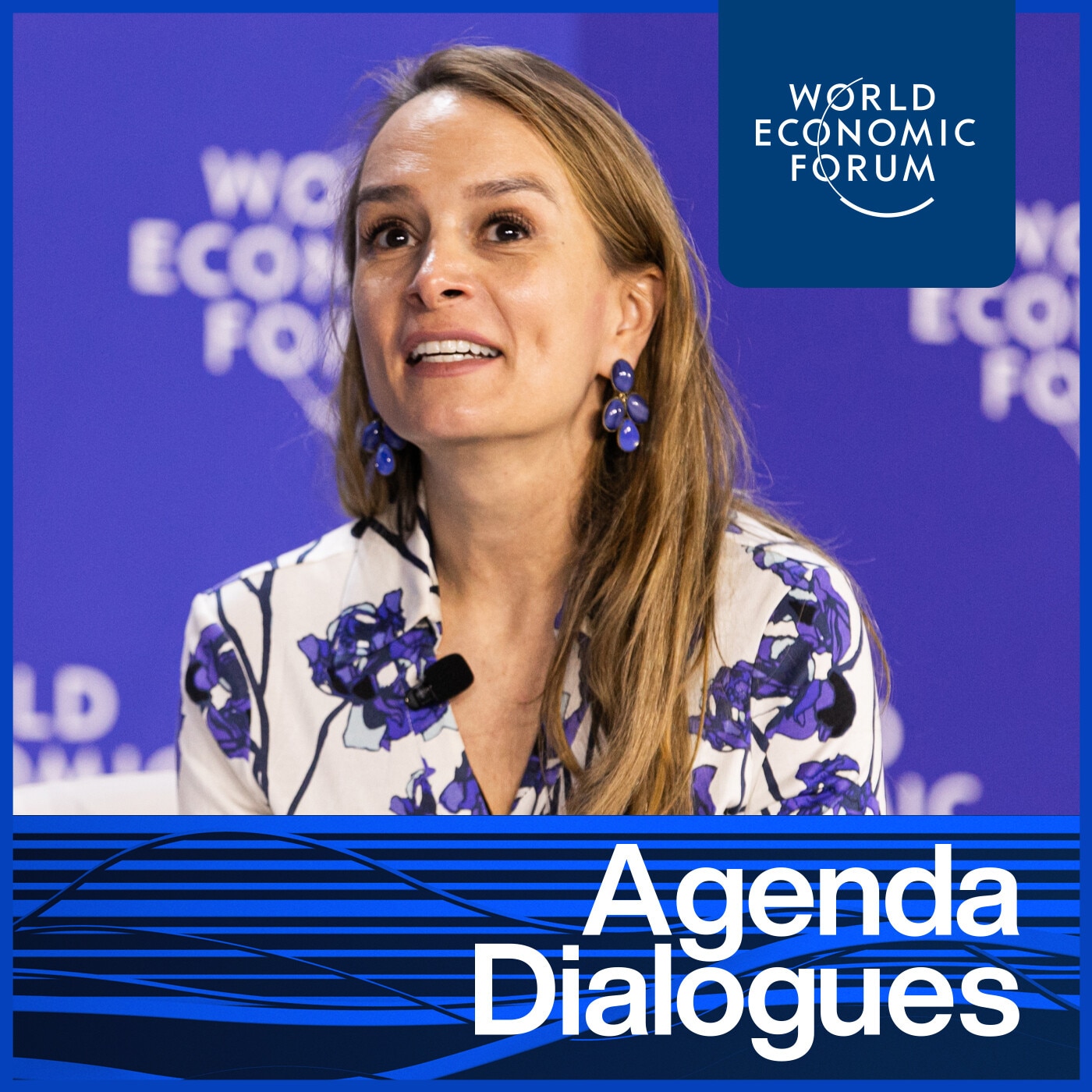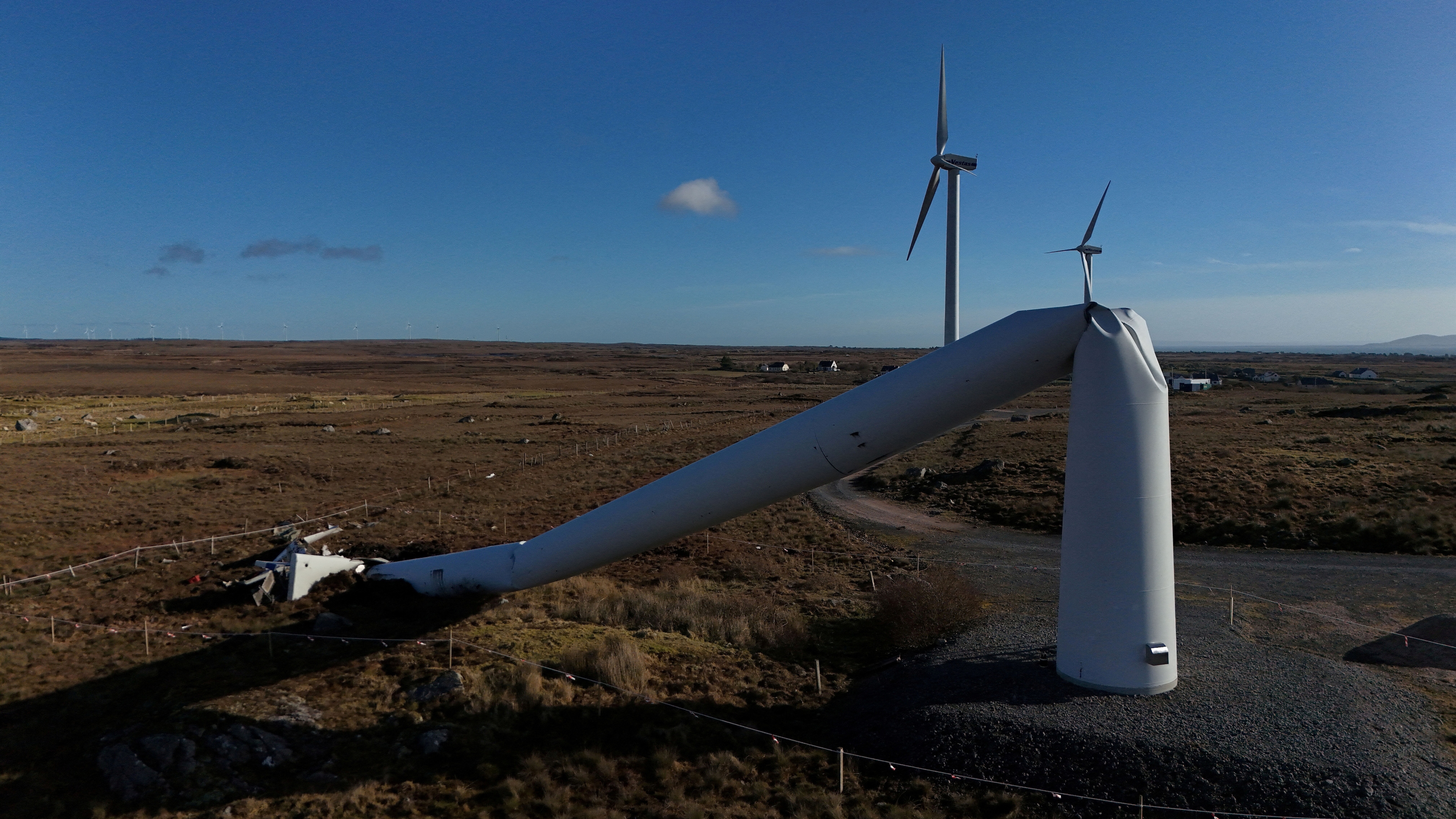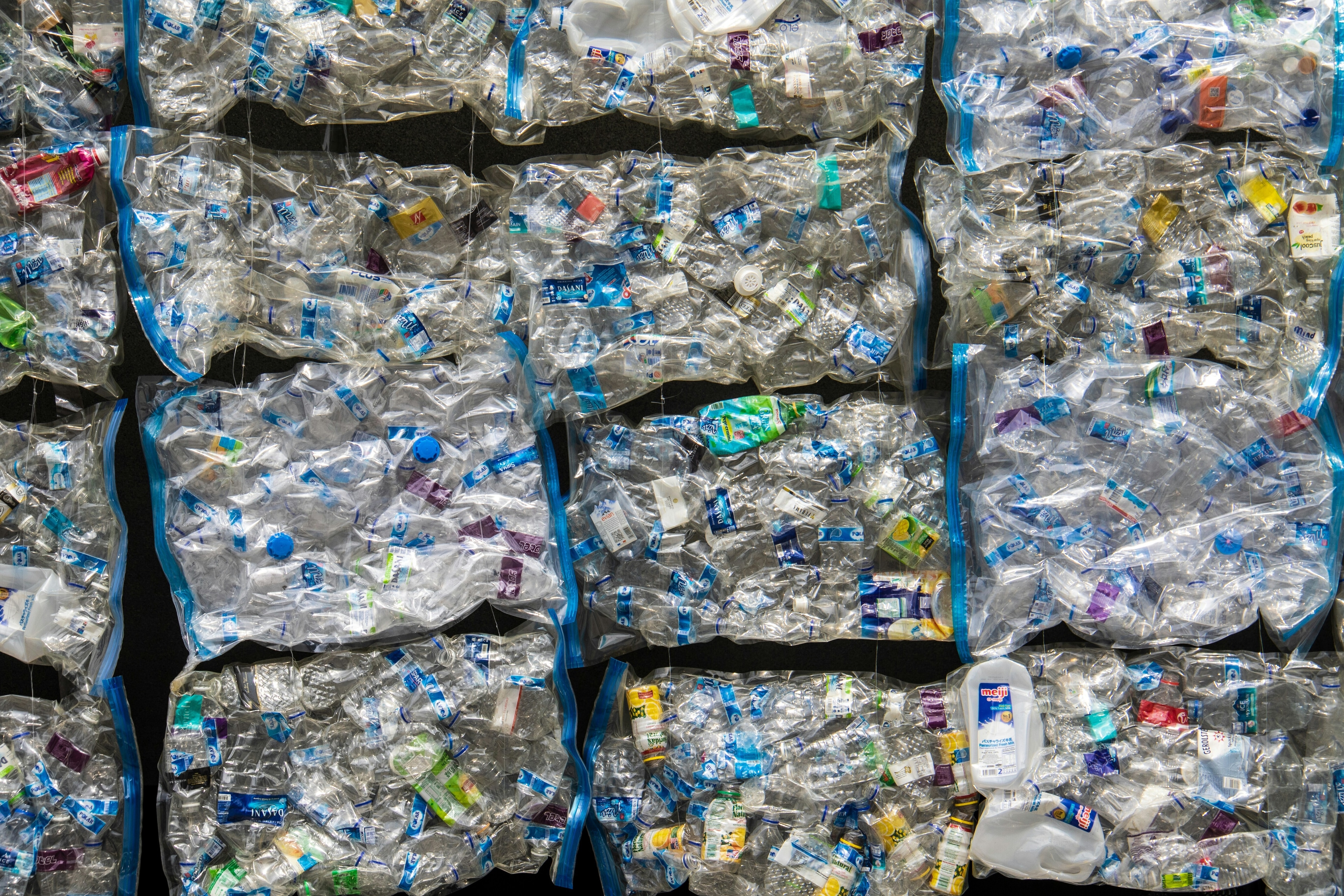Renewables rising, mushroom maps and ESG Book: Everything to know about the environment this week

Renewable energy should account for nearly 95% of the increase in power capacity through 2026, says the IEA.
Image: REUTERS/Agustin Marcarian
Stay up to date:
SDG 13: Climate Action
Listen to the article
- This weekly round-up brings you some of the key environment stories from the past seven days.
- Top stories: UN appeals for record $41 billion to end famine; new environment, social and governance platform, ESG Book, launched; renewables to account for 95% of increase in power capacity through 2026 - IEA.
1. Environment stories from around the world
The United Nations appealed on Thursday for a record $41 billion to provide life-saving assistance next year to 183 million people worldwide caught up in conflict and poverty, led by a tripling of its programme in Afghanistan. Famine remains a "terrifying prospect" for 45 million people living in 43 countries, as extreme weather caused by climate change shrinks food supplies, the UN said in the annual appeal, which reflected a 17% rise in annual funding needs.
Norway's $1.3 trillion sovereign wealth fund will ask many of the companies in its portfolio to take more specific action on climate change, its head of governance and compliance Carine Smith Ihenacho said in an interview at the Reuters Next conference on Wednesday. One of the world's largest investors, the fund holds stakes in around 9,100 companies worldwide, owning 1.4% of all listed stocks.
Poverty, poor infrastructure and natural weather variability are bigger contributors to Madagascar's food crisis than climate change, according to a study released on Thursday by international research collective World Weather Attribution. But the crisis still highlights vulnerabilities that will only worsen as global temperatures continue to rise, scientists for the organization said.
The European Union plans to capture five million tonnes of carbon dioxide from the atmosphere each year by 2030 through technologies, and create an EU system to certify carbon removals, according to a draft document seen by Reuters. The EU has committed to reach net zero emissions by 2050, eliminating the more than three billion tonnes of CO2 equivalent it currently emits each year.
US climate envoy John Kerry said on Wednesday that big greenhouse gas emitting countries like China, India, Russia and others must move faster to help the world avert the worst impacts of global warming. Pledges by governments to cut carbon dioxide and methane emissions are currently insufficient to limit global warming to an international target of 1.5C above pre-industrial levels this century, he said.
Scientists unveiled plans on Tuesday to map the world's huge underground webs of fungi for the first time, to identify hotspots that could better protect natural ecosystems and store carbon dioxide to help tackle climate change.
A global push to cut methane emissions and end deforestation is at risk of being held back by weak corporate efforts in the livestock industry, an investor group said on Wednesday. Less than a fifth of the world's biggest livestock producers currently measure even some of their emissions, a report from the FAIRR Initiative, whose members manage more than $45 trillion in assets, showed.
China's industry ministry has unveiled a five-year plan aimed at the green development of its industrial sectors, vowing to lower carbon emissions and pollutants and to promote emerging industries so as to meet a carbon peak commitment by 2030.
2. ESG Book aims to disrupt sustainability sector with 'free data'
HSBC, Deutsche Bank and Swiss Re have thrown their support behind ESG Book, a new environment, social and governance (ESG) data platform launched on Wednesday to 'disrupt' the market with a free 'public good' service for companies and investors.
The ESG information sector has become a money spinner as asset managers increasingly rely on providers of such data to meet demand from sustainability focused investors. But it is also coming under closer scrutiny from regulators and governments as trillions of dollars flow into the asset class.
Founders of ESG Book said limited accessibility is hampering the acceleration of capital flows towards sustainable companies, particularly in emerging markets.
The founders also include the World Bank's International Finance Corporation, QUICK, Hong Kong Exchanges & Clearing, Glass Lewis, Bank Islam, Allianz X, Goldbeck and the Climate Bonds Initiative.
What is the World Economic Forum doing to help companies reduce carbon emissions?
Companies can use ESG Book at no cost to disclose, manage and keep ownership of their ESG data in real-time. The data is then available to users for free, with a charge for analysis of the data, such as temperature scores.
The platform has been developed by asset manager Arabesque, and run according to principles from the UN Global Compact, which encourages companies to adopt sustainable policies.
"ESG Book makes sustainability data available and comparable for all stakeholders. It provides framework-neutral information promoting transparency," said Sanda Ojiambo, CEO of the UN Global Compact.
3. IEA: Renewables to dominate new power capacity through 2026

Renewable energy should account for nearly 95% of the increase in power capacity in the world through 2026, a report by the International Energy Agency (IEA) showed on Wednesday, with solar power providing more than half the boost.
The milestone comes despite rising costs for materials used to make solar panels and wind turbines.
New renewable power capacity this year will rise to a second consecutive all-time high in 2021, the Paris-based energy watchdog said in its annual Renewables Market Report.
“This year’s record renewable electricity additions of 290 gigawatts are yet another sign that a new global energy economy is emerging,” said IEA Executive Director Fatih Birol.
“The high commodity and energy prices we are seeing today pose new challenges for the renewable industry, but elevated fossil fuel prices also make renewables even more competitive.”
Renewable electricity capacity by 2026 will equal the current total global power capacity of fossil fuels and nuclear energy combined, the IEA added.
More robust government policies and climate goals, advanced by pledges at the COP26 conference in Glasgow last month, are driving the increases, but the pace of renewables growth needs to accelerate to limit temperature rises, the IEA said.
China leads the world in new capacity and is four years ahead of its own wind and solar infrastructure targets, while India will double new installations from 2015-2020.
Don't miss any update on this topic
Create a free account and access your personalized content collection with our latest publications and analyses.
License and Republishing
World Economic Forum articles may be republished in accordance with the Creative Commons Attribution-NonCommercial-NoDerivatives 4.0 International Public License, and in accordance with our Terms of Use.
The views expressed in this article are those of the author alone and not the World Economic Forum.
Related topics:
Forum Stories newsletter
Bringing you weekly curated insights and analysis on the global issues that matter.
More on Climate ActionSee all
Michael Fröbel and Stanislas Hillen
August 8, 2025
Elizabeth Henderson and Daniel Murphy
August 8, 2025
De Rui Wong and Keebum Kim
August 7, 2025
Aurora Matteini and Derek Baraldi
August 6, 2025
Tom Crowfoot
August 5, 2025





